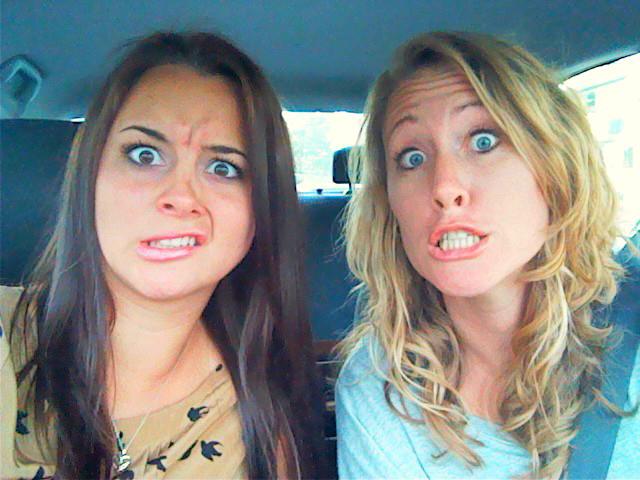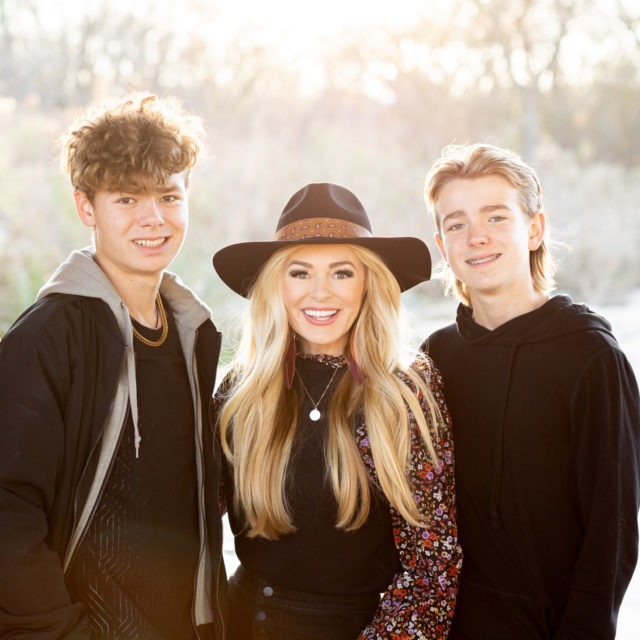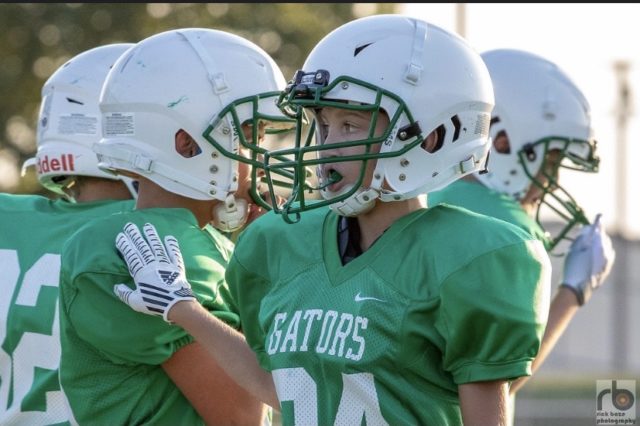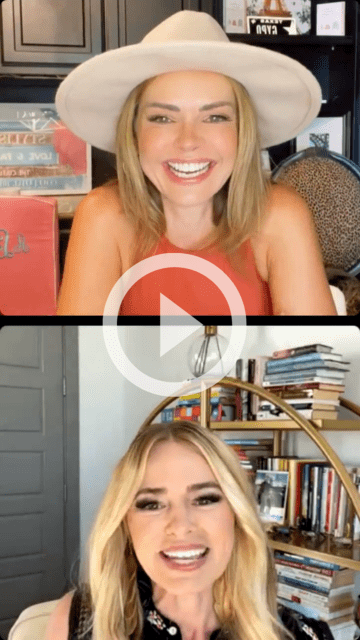She tells me I forced her to eat the broccoli stems. Apparently, I asked each of them if they wanted the stems or the tops of the broccoli. She says she cried when I wouldn’t let her leave the table. I was unswerving, she says. I don’t actually remember this event, but it sounds like me. She had chosen the stems after all, there was no reason not to eat them.
When I was a teen, taking care of my three younger siblings while both my parents worked was routine. Every day after school my mom went to work and I would cook dinner and oversee homework completion and break up fights and assign chores until my stepdad arrived home. As the oldest, it was my role until I left for college and began international social work.
Karlee was 7 years old when I moved away and other than a handful of times a year when I would see her, I really didn’t know her as an adult. We didn’t fight as kids– I was the boss and if she didn’t listen to me, I put her in time out. But learning to live together as adults has been surprisingly perfect.
And I dare say it’s possible that, in the past two years of living together, I’ve learned more from my little sister than she ever learned from my vegetable-enforcing care. So, without further ado, here is a small list of the things I have learned from my little sister
1. Being with someone who makes you laugh is vital.
My sister is the funniest person I know. Witty comments roll off her tongue as easily as waves roll onto the shore of the coast a few miles from our one bedroom apartment in Los Angeles. I’m not always funny. I’m joyful, but not always funny. This makes me appreciate her quick wit, and the magic that it works on my soul all the more.
Laughing with someone breaks through walls quicker and more painlessly than anything else. Humor is a great connector of persons, and creates deep bonds between people. Not only that—it’s great for your health. I recently learned there is something called “Humor Therapy.” It’s used often with cancer patients and caregivers of those who are ill. It’s pretty straight forward. Essentially the doctor will write you a script for laughter– “1-2 hours per day of things that make you laugh.”
Laughter is powerful. And spending time with someone who makes me laugh often greatly improves my life.
2. Everyone has a different threshold for cleanliness.
When I was 19, I volunteered in Cambodia for 5 months teaching English. I was eating dinner at a little café by the Tonle Sap river and the missionary couple across from me commented on the dust under the tables (remember, this was Cambodia—it’s dusty). I looked over and said in astonishment “I didn’t even notice the dirt.” Without even taking a breath they said, “You’ll notice when you are 25.”
They were right, just like clock-work, I did start noticing cleanliness when I was 25. But I didn’t feel the need to do anything about it until I turned 30. Right about the time I moved in with Karlee. Karles’s age when we moved in together was 19. The same age I was when I didn’t notice cleanliness in Cambodia.
Karlee is not overly messy, but her tolerance for mess lasts a bit longer than mine does. So I made a vital decision. If it bothers me, I will clean it. Because I know when it bothers her, she will do the same. Occasionally I’ll institute a “we must stay home and clean to restore sanity” day, but for the most part we both clean when it bothers us. And I clean a little more, because it bothers me a little more. And that’s ok.
3. It’s ok to let go of people sometimes.
I hold onto people. I believe in them and fight for them and advocate for them longer than they ask me to, and usually long after they’ve stopped wanting me to. I love seeing people rise up and soar and I’m often willing to invest to help them reach that point. Even after they’ve disappointed me, or let me down. Because I believe in grace and forgiveness I often see great things happen by not giving up on people. But I also get my heart broken a lot. And I find myself spread thin because many of the people I invest in emotionally, don’t have the same capacity to invest in me.
Karlee has great friends who’ve stuck with her through thick and thin. She is a great friend, and great friends attract other great friends. But she also knows when to let people go. She protects her heart when she’s disappointed and it gives her the capacity to keep investing in people who also are willing to invest in her. Because edifying friendships are equal in that way.
I think there is a time and place for investing in others. And there is a time and place to let people go. And watching Karlee navigate friendships has reminded me that I don’t have to feel obligated or guilty for doing either when the time is right.
4. It’s easier to thrive when someone shares your pain.
When Karlee moved down to California 2 years ago, I made a conscious decision that I didn’t want to be her “second mom” anymore. I wanted to be her sister. So I forced myself to tell her hard things and to be vulnerable. There aren’t very many people in life who are safe enough to be vulnerable with, but I took a chance on her and forced myself to open up– honestly, and often. And even when she didn’t want to share herself, I shared anyway.
It’s hard to open up, to admit you don’t know the answers. It’s hard to allow yourself to be sad or frustrated or angry. But what makes Karlee a safe person is that she listens, and rarely feels the need to offer advice. And the simple sharing of the hard stuff, even and especially when there is no good solution, is so soothing. Henri Nouwen said it best when he said:
When we honestly ask ourselves which person in our lives mean the most to us, we often find that it is those who, instead of giving advice, solutions, or cures, have chosen rather to share our pain and touch our wounds with a warm and tender hand. The friend who can be silent with us in a moment of despair or confusion, who can stay with us in an hour of grief and bereavement, who can tolerate not knowing, not curing, not healing and face with us the reality of our powerlessness, that is a friend who cares.
One day I was complaining to Karlee about the ways that I felt like I’d failed that day. I came to the end of my monologue and sighed and said “Ugh, I’m such a mess.” I’m not sure what response I expected, from this person who knew me so well, and knew all my shortcomings in that moment and so many other moments leading up to that moment.
Karlee, as only Karlee can, replied “You are a beautiful mess.”
That’s all she said. And it was the perfect amount of words and compassion and belief to give me the strength to attack the hard things that day.
5. Nicknames are essential.
“I should call you Sister Wister,” she said one day out of the blue. “Please, don’t” I replied in mock horror. And thus our fate was sealed. We both started using it and Sister Wister, turned into “Wister,” “Sissy Wissy”, “Wis” and eventually “Wis-Bones” and “Wis-Butt.” At some point I told her I liked her brains better than her butt and started calling her “Wis-Brains.”
Up until this point in my life, I don’t think I’d ever had a nickname that wasn’t humiliating, or a variation of my real name. Somehow, “Wis-Butt” felt like something I had earned, a gift of sorts that said “I love you so much I want you to have a name that only I can call you.”
I’d never cared about nicknames before. But the genesis of the rapidly changing nicknames generated by my sister make me feel more loved than almost anything else in life. And I kind of believe it was intended to do just that.
6. She doesn’t need my unsolicited advice
Karlee is a hard worker. She works full time and goes to college full time and rises to leadership positions in what seems like mere minutes. She pushes herself and has great goals and works towards them. And like any sister, I am proud of her beyond words, and I also want her to keep pushing herself to achieve the things she desires.
But I have to stop myself from pushing her too much. For some reason, as a sister, when I push, it feels like criticism. I don’t intend it to, but that’s often how it comes across.
So I work hard to sit back and wait until she wants my opinion. Because she always asks when she does. And in the meantime, when she’s stressed and tired and overworked, I hug and crack jokes and rent movies we can sit and watch instead. Because she doesn’t need my help, just like I don’t need her help.
She just needs me: my presence, my person, in her corner, no matter what.
And I just need her.











2 Comments
Heather Parady
Crystal! Great post! Where you in LA last September at a Treasures Training? You remind me of someone I met….
Vicky Dillon
I love your heart and how you have been open to allowing yourself to learn from younger sister. My sister is 9 years younger. I can try relate to many things you shared. You are a great writer. You should capture your stories in a book. I got yearly-eyed as I read your thought. Thank you for being vulnerable!!